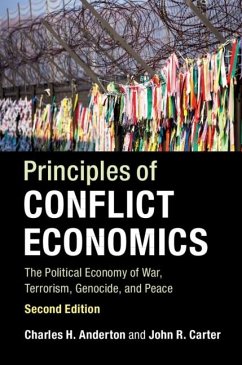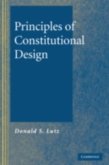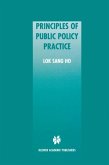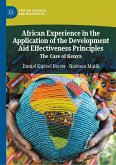Conflict economics contributes to an understanding of violent conflict and peace in two important ways. First, it applies economic concepts and models to help one understand diverse conflict activities such as war, terrorism, genocide, and peace. Second, it treats coercive appropriation as a fundamental economic activity, joining production and exchange as a means of wealth acquisition. In the second edition of their book Principles of Conflict Economics, Anderton and Carter provide comprehensive, up-to-date coverage of the key themes and principles of conflict economics. Along with new scholarship on well-established areas such as war, terrorism and alliances and under-researched areas including genocides, individual and family aspects of war, and conflict prevention, they apply new economic tools to the study of war and peace such as behavioral economics and economics of identity and offer deeper research and policy insights into how to reconstitute societies after large-scale violence.
Dieser Download kann aus rechtlichen Gründen nur mit Rechnungsadresse in A, B, BG, CY, CZ, D, DK, EW, E, FIN, F, GR, HR, H, IRL, I, LT, L, LR, M, NL, PL, P, R, S, SLO, SK ausgeliefert werden.









